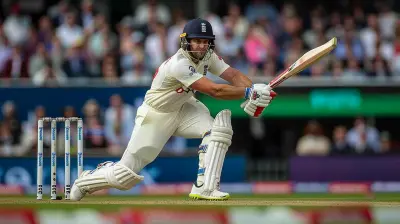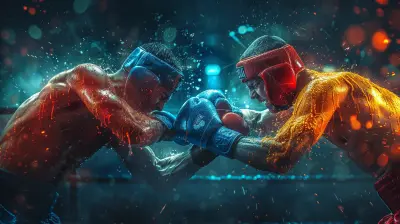The Role of Social Media in Shaping League Narratives
15 August 2025
You know how your friend Steve swears his fantasy football picks are better because he “follows all the right Twitter accounts”? Or how your cousin Karen is suddenly a Formula 1 expert thanks to TikTok highlights and behind-the-scenes paddock drama? Well, welcome to the wonderful world where social media meets sports and together they stir the pot, flip the script, and drive the narratives that dominate our leagues.
It's no longer just about what happens on the field, court, or track—oh no, my friend. These days, storylines are born in tweets, go viral on Instagram reels, and are dissected by Reddit threads that go deeper than the Mariana Trench. Let’s dive into how social media is not just part of the league narrative—it’s practically the narrator.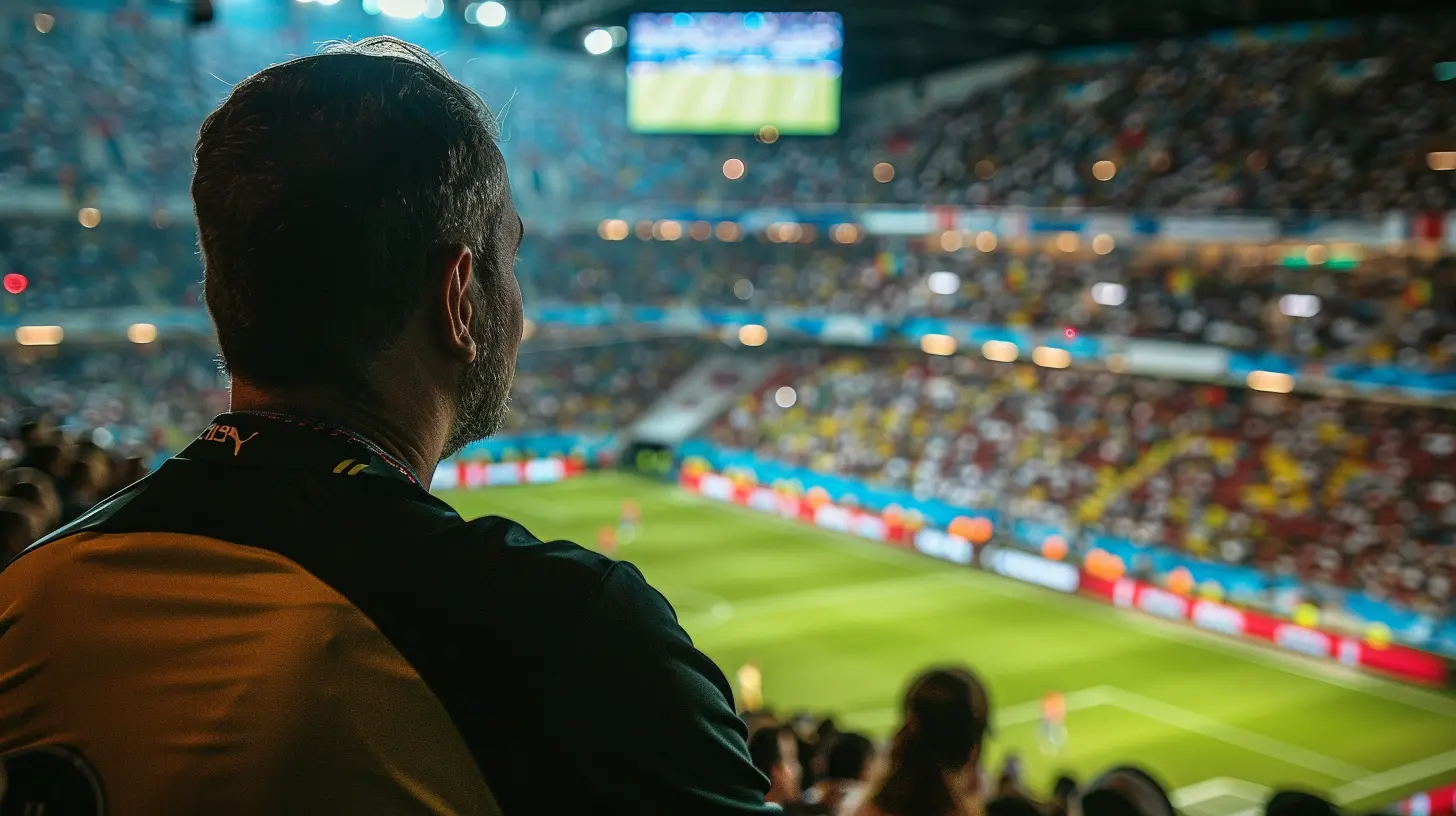
The Rise of Social Media: From Sideline to Center Stage
Once upon a time, sports news came in the form of late-night highlight reels and next-day newspaper clippings. Now? It hits your feed before the sweat dries. Twitter, Instagram, TikTok, YouTube, and even Snapchat have become go-to platforms for real-time updates and sizzling takes.Athletes don’t wait for press conferences anymore—they post. Leagues don’t just release statements—they launch campaigns. And fans? They're not just watchers; they’re full-on participants in the storytelling process.
Social media has done to sports what spice does to food—made it 1000 times more flavorful (and sometimes extra spicy).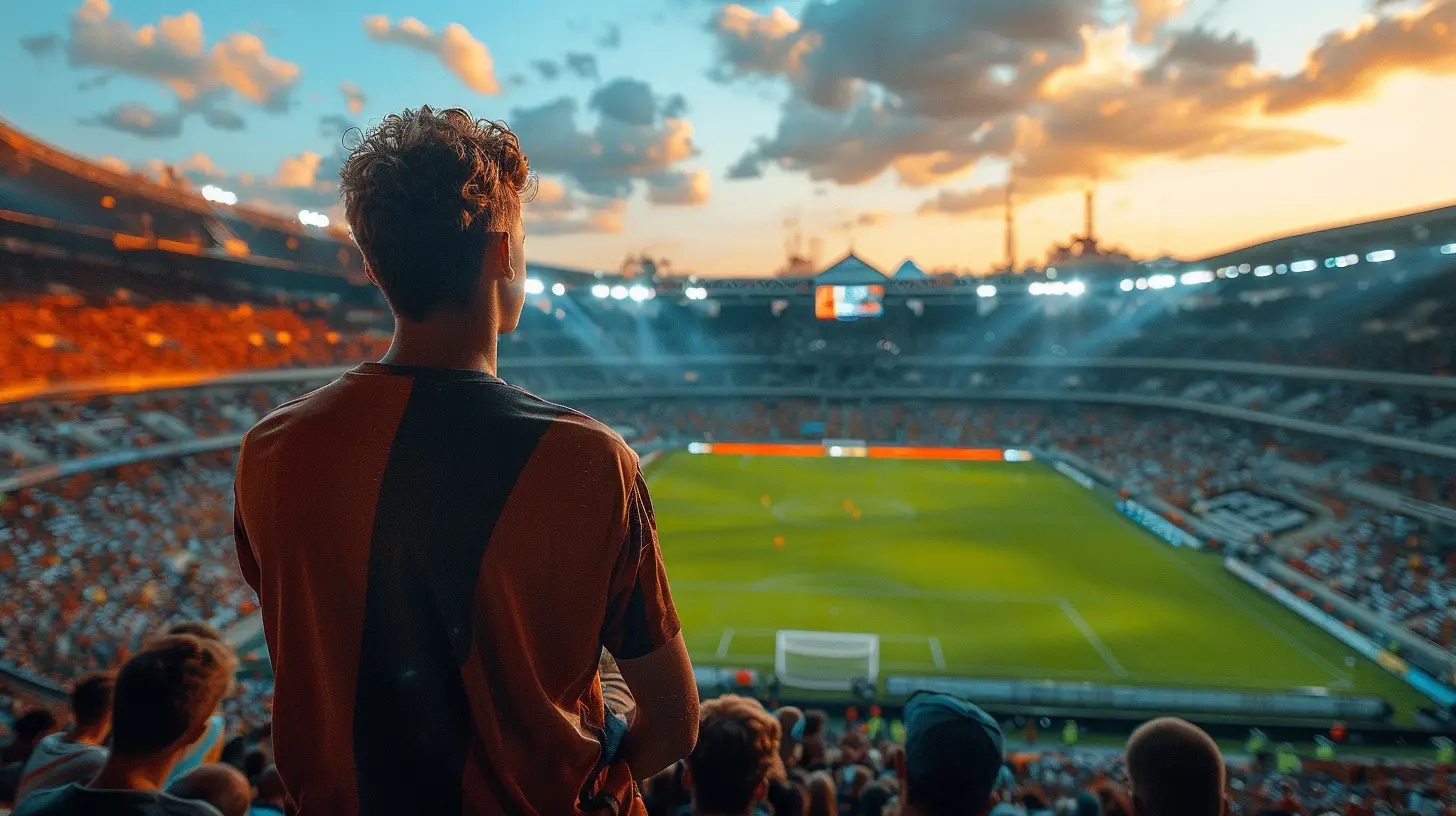
The Players Take Control of the Narrative 🎤
Back in the day, athletes were seen and rarely heard—unless they were already legends or had a scandal brewing. Today? Every player can be their own brand, their own broadcaster, and dare I say, their own PR rep.Athletes Turned Content Creators
LeBron James tweets about movies, Tom Brady posts hilarious TikToks (yes, the GOAT is funny), and Naomi Osaka uses her platforms to speak on mental health. It's not just about game stats; it’s about personality, opinions, and vibes.So when Draymond Green fires back at critics mid-series or Cristiano Ronaldo removes Coca-Cola bottles from a press table, it’s not a footnote—it becomes the story. Social media lets athletes set the tone, respond to controversies instantly, and share unfiltered emotions. It’s the digital version of mic-dropping.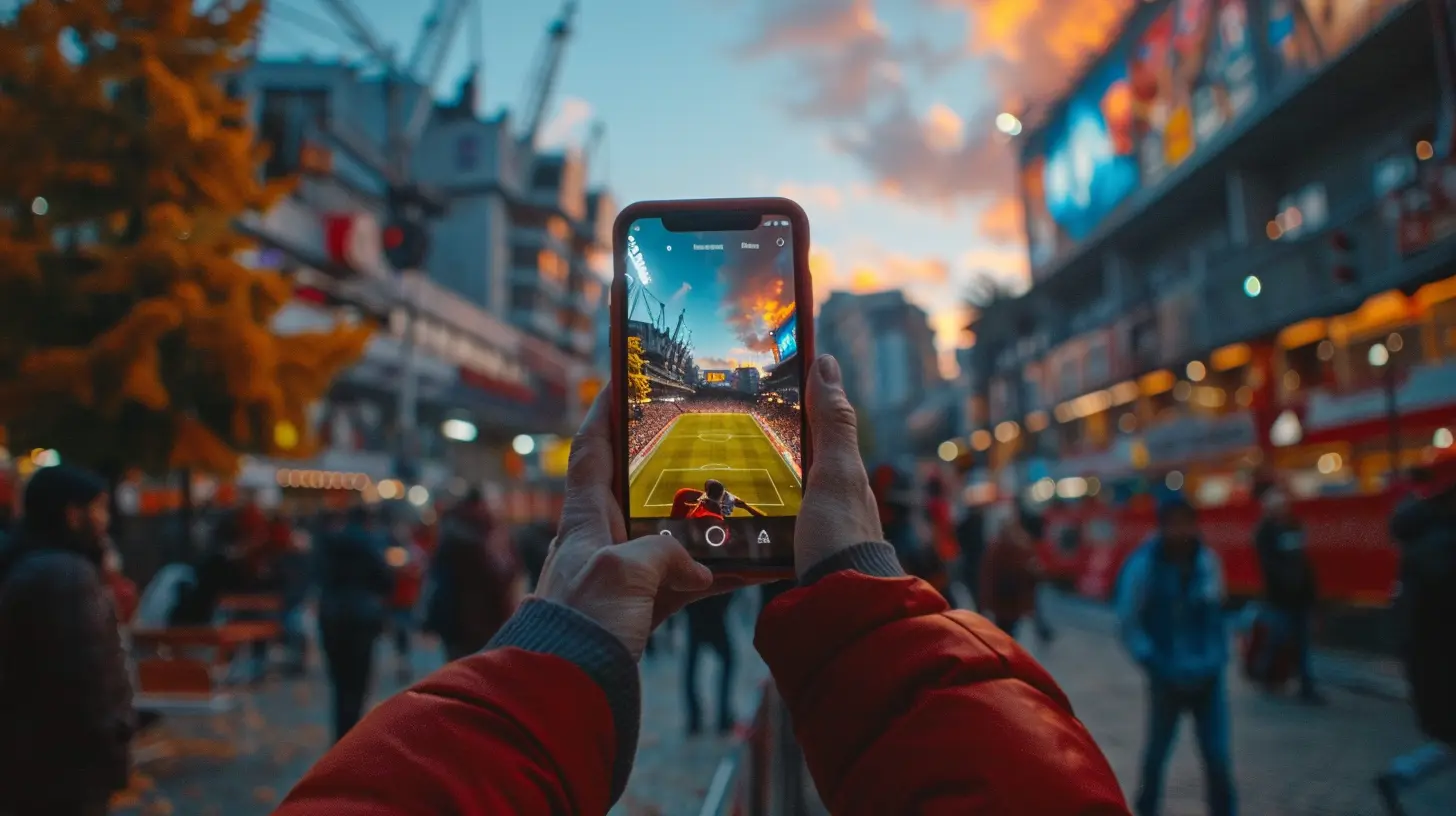
Leagues No Longer Just Play the Game—They Play the Algorithm
Let’s not kid ourselves. Sports leagues are marketing machines, and social media is their most powerful tool. From the NBA’s meme-worthy highlights to the NFL’s Twitter sass during game days, leagues craft narratives that keep eyeballs glued and engagement soaring.The NBA: Masters of the Meme
Seriously, if social media were a sport, the NBA would be the undisputed champs. They’ve leaned into everything from player beefs to fashion fits, transforming casual moments into viral sensations.Remember “the bubble” in 2020? It wasn’t just basketball—it was a social media reality show, complete with TikToks from the Disney hotel and live-streamed fishing trips. The NBA understands the culture, and they know how to keep the story moving even when the scoreboard doesn’t.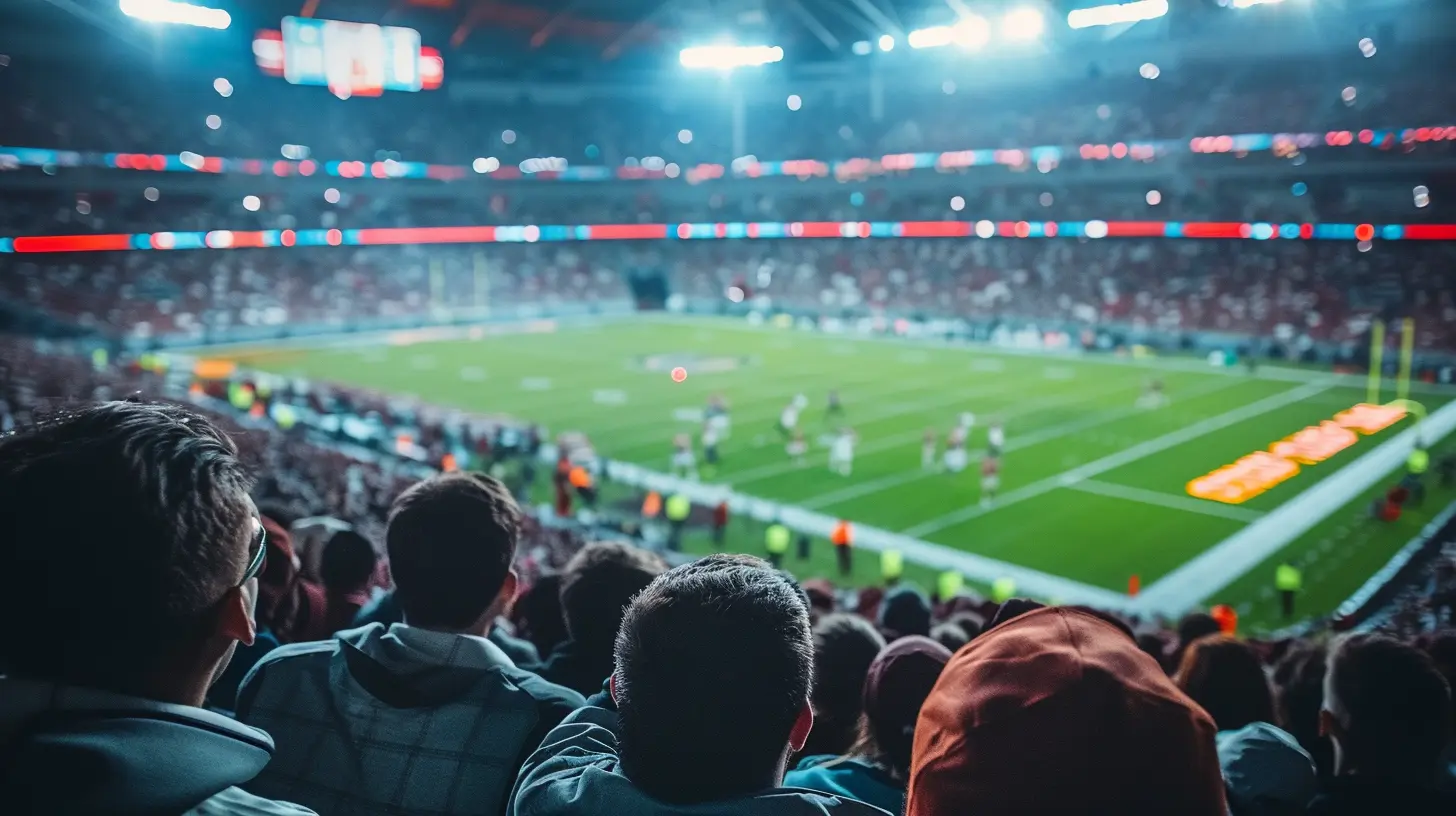
The Fans: Part Commentators, Part Investigative Journalists
Let’s not sleep on the real MVPs here—us, the fans. Social media has turned viewers into contributors. That grainy clip of a controversial foul? Rewatched, analyzed, slowed down like it’s the Zapruder film. That ridiculous goal? Reposted with reactions that range from sheer awe to linguistic acrobatics.Hashtag Movements and Fan Power
You think #FreeRuss or #JusticeForKante trended out of nowhere? Fans now organize online like a digital army, pushing their own versions of truth and justice in the sports world. These grassroots campaigns can even influence roster changes, coaching decisions, and disciplinary actions.In fact, the power of social media-fueled fandom can sometimes overshadow official league statements. Why read the organization's press release when you can get a 45-second rant from a passionate supporter that has 2 million views and a Drake soundtrack?
Social Media Calls Out the Receipts
One of the best things (or worst, depending on your social media hygiene) is that the internet never forgets. Said the team was tanking last year? Boom—screenshotted. Claimed a rookie was a bust? Here’s a viral highlight reel proving otherwise.Accountability Like Never Before
The beauty of social media is in its receipts. Players are held accountable for past tweets, coaches for old interviews, and even referees aren't immune. This time-capsule effect plays a critical role in shaping the league’s narrative—building story arcs, rivalries, and redemption tales worthy of a Hollywood script.Behind-The-Scenes Access: The New Reality TV
So what if we said the stories we now love aren’t just the victories—but the locker room dances, the team-plane karaoke, and the pregame fits?Humanizing the Heroes
Social media gives us a glimpse behind the curtain. Athletes become more than numbers—they’re people. You see their families, their humor, their bad hair days. And while that might not seem like storytelling gold, it’s the authenticity people crave.The result? Fans feel closer than ever. It blurs the line between audience and athlete in a way that makes sports not just entertainment, but a shared narrative journey.
Crises, Controversies, and Cancel Culture
Let’s be real—it’s not all sunshine, goals, and viral dances. Social media is a double-edged cleat. While it gives players and leagues power, it also holds them under a microscope.The Court of Public Opinion
Apologies are dissected. Mistakes go viral. Timelines get picked apart by digital vigilantes. This adds a whole new layer to league narratives—real-time public scrutiny. Just ask anyone who’s posted something they wish they didn’t in 2012.Social media has turned sports into a 24/7 cycle. When a player is injured, it’s not just a medical update—it’s a conspiracy theory, an emotional outpouring, and a trending hashtag within minutes.
New Stars Born from Screens, Not Stadiums
Here’s a plot twist for ya—not all league storylines come from the actual leagues. Content creators, influencers, and meme-makers have become part of the sports ecosystem.Enter the Keyboard Commentators
From YouTubers breaking down game tape to TikTokers explaining obscure rules with Lego figurines, these personalities shape the way we digest sports. Who needs dedicated analysts when "That One Guy Who Yells at His TV on Instagram" is giving you play-by-play analysis in his kitchen?These creators often reach younger audiences more effectively than the leagues themselves. They narrate, editorialize, and meme-ify the world of sports in real time.
Global Game, Local Voices
Social media has torn down walls and borders. Want to follow a Premier League match from your couch in Colorado? Easy. Curious about cricket drama in India? There’s a whole subreddit waiting to welcome you.The World Is Watching—and Commenting
This global reach has made league narratives more inclusive and diverse. Fans from all over the world contribute to the discourse. And let me tell you, no one breaks down a tactical change quite like a soccer fan from Nigeria at 2 AM with a Wi-Fi connection and a dream.The Algorithm Is the New Commissioner
At the end of the day, you have to ask—who's really in charge? The commissioner? The owners? Or... the algorithm?Feeding the Feed
What gets shared shapes what gets seen. And what gets seen shapes what people talk about. Meaning, sometimes it's not the biggest win that goes viral—it’s the juiciest quote, the most dramatic moment, or the most GIF-able fail.It’s like sports are happening in real life, and then again on Twitter—with completely different outcomes.
Final Whistle: We’re All Part of the Narrative Now
So where does that leave us? Smack in the middle of the story, my friend.The role of social media in shaping league narratives isn’t a small subplot. It’s the main storyline. Athletes have voices. Leagues have personalities. And we, the fans, have more power than ever. It’s a digital coliseum, where clips go viral, reputations are made (or destroyed), and every comment, like, and share adds fuel to the storytelling fire.
So next time you post that hot take, remember—you might just be writing tomorrow’s headline.
all images in this post were generated using AI tools
Category:
Sports LeaguesAuthor:

Preston Wilkins
Discussion
rate this article
1 comments
Faryn Larsen
Social media amplifies narratives, influencing fan engagement and league perception.
September 3, 2025 at 2:31 AM

Preston Wilkins
Absolutely, social media serves as a powerful tool that not only amplifies narratives but also significantly enhances fan engagement and shapes overall perceptions of the league.

